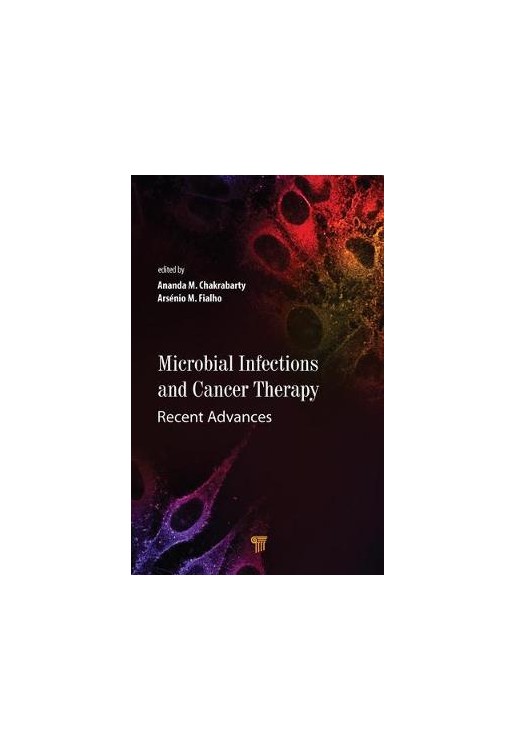This book deals with the emerging concept that certain pathogenic bacteria and viruses, when infecting people with cancer, actively fight tumors, allowing their regression. It is composed of 12 chapters written by pioneers in microbial, biotech, and cancer research.
Bifidobacterium as a Delivery System of Functional Gene for Cancer Gene Therapy
Chao Han, Yu-qing Dai, Zi-chun Hua, Geng-Feng Fu, Yan Yin, Bi Hu, and Gen-xing Xu
Therapy with Oncolytic Clostridium novyi-NT: From Mice to Men
Shibin Zhou
Genetic Engineering of Clostridial Strains for Cancer Therapy
Maria Zygouropoulou, Aleksandra Kubiak, Adam V. Patterson, and Nigel P. Minton
Bacteria-Derived Alternatives to Live Mycobacterium bovis Bacillus Calmette-Guerin for Non-Muscle Invasive Bladder Cancer Treatment
Esther Julian and Estela Noguera-Ortega
Genetically Modified Salmonella as Cancer Therapeutics: Mechanisms, Advances and Challenges
Xiaoxin Zhang and Zi-Chun Hua
Genetically Engineered Oncolytic Salmonella typhimurium
Jin Hai Zheng and Jung-Joon Min
Engineering E. coli to Combat Cancer
Carlos Pinero-Lambea, David Ruano-Gallego, Gustavo Bodelon, Beatriz Alvarez, and Luis Angel Fernandez
Live P. aeruginosa as Cancer Vaccine Vector
Y. Wang, B. Polack, and B. Toussaint
The Anticancer Potential of the Bacterial Protein Azurin and Its Derived Peptide P28
Ana Rita Garizo, Nuno Bernardes, Ananda M. Chakrabarty, and Arsenio M. Fialho
Bacteriocins: From Antimicrobial to Potencial Anticancer Agents
Ligia Coelho, Nuno Bernardes, and Arsenio M. Fialho
Bacteriocins as Anticancer Peptides? A Biophysical Approach
Filipa Dias de Oliveira, Miguel A. R. B. Castanho, and Diana Gaspar
Where Cancer and Bacteria Meet
Alexandra Merlos, Ricardo Perez-Tomas, Jose Lopez-Lopez, and Miguel Vinas




